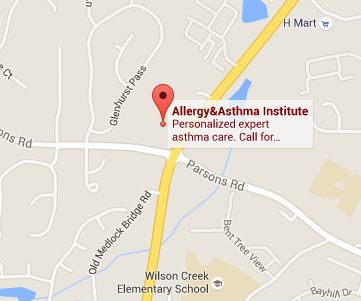Sinusitis

Chronic sinusitis is one of the more prevalent chronic illnesses in the United States, affecting persons of all age groups. It is an inflammatory process that involves the sinuses and persists for 12 weeks or longer and may be due to infection, allergy, or autoimmune issues.
Millions of individuals are affected by repeated bouts of sinusitis. Often, sinusitis may be caused by allergies.
Symptoms:
- Recurrent headaches
- Facial pressure
- Nasal congestion
- Sinus congestion
- Post nasal drip
- Constant throat clearing
- Throat irritation
- Hoarseness
- Decreased sense of smell
Sinus disease may cause you to feel tired and irritable. You may have poor concentration and low energy, and you may just feel sick all the time.




